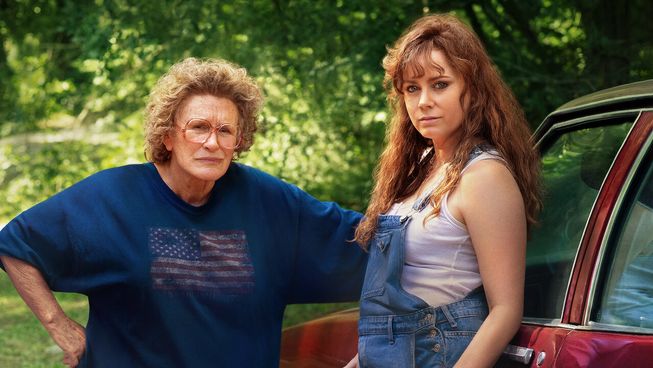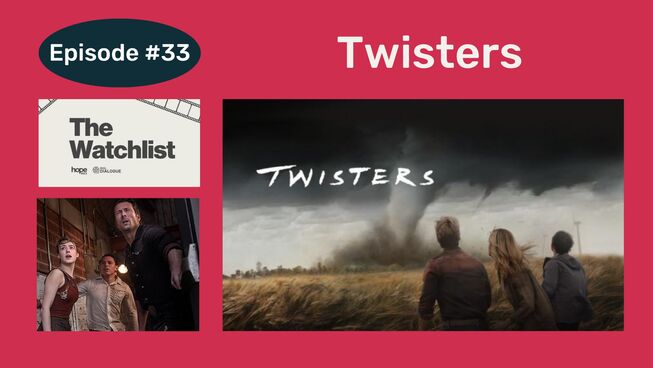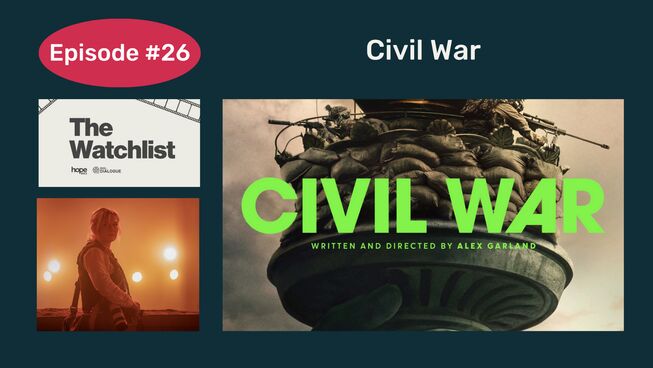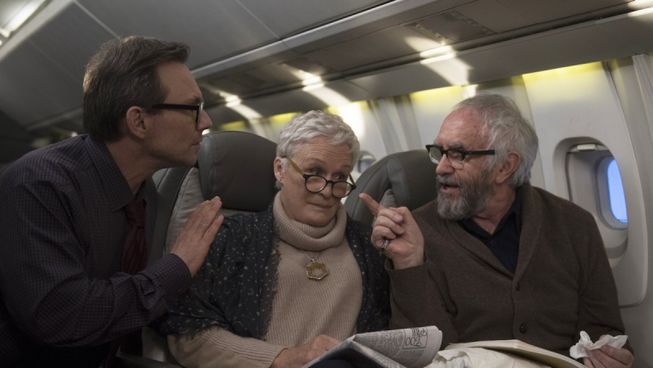
⭐️ ⭐️ ⭐️ ⭐️ (out of 5)
“Where we come from is who we are but we choose every day who we become.” - Mamaw
The mentor is a classic trope that has stood the test of time for good reason. Whether it’s Obi Wan telling Luke to “feel the force,” Mick telling Rocky “you’re a bum!” or Gandalf the Grey telling Frodo “all we have to decide is what to do with the time that is given to us.” Mentors speak to the more profound need for wisdom, direction and a little bit of tough love. These guides in life also speak to the intangible realities of brokenness. They remind us that we are not complete and we do not have all the answers. You can call them coaches or teachers, but they also show us that we can rise above our circumstances and be better than the world tells us we can be in this life.
Though framed as a family drama, the real-life story of Hillbilly Elegy plays more like a sports film, reminiscent of Rocky or Cinderella Man. Opposed to facing a formidable opponent, JD Vance (Gabriel Basso) must battle life's hardships in the impoverished blue-collar world in rural Ohio. The Yale law student must return to his hometown and face his family past to move forward in his life. Directed with understated passion by Ron Howard (A Beautiful Mind), who is no stranger to the family biopic. The Award-winning director puts front and centre the struggles between JD and the various challenges he must overcome to reach his potential, like poverty, addiction and domestic abuse. Personal battles that bring forth the comparison to a multi-round bout in the boxing ring.
Amy Adams (Nocturnal Animals) takes a deep dive into the role of Bev, JD’s mother. A performance that portrays this woman from whom all beauty has faded and all talent has been abandoned. She taps into the hopelessness of so many parents who want to do right by their children. They have lost the sense of a better tomorrow for themselves. Every day brings a different experience as Bev’s bipolar nature swings from loving mother to a raging tyrant in the same sentence. Producing an atmosphere that leaves young JD, played by Owen Asztalos, to continually wonder where he stands with his mother. The hurt and confusion are played with heartbreaking effect by the young actor. He manages to embody the pain of any child who has suffered at the hands of the parent they love. JD stands to become nothing more than a statistic, a casualty of this world of poverty and abuse.
As JD plays at the tipping point of juvenile delinquency, his Mamaw steps into his world. Played by an unrecognisable Glenn Close (The Wife) in an Oscar-worthy performance. She proves to be a no-nonsense, steel-in-her-curved-spine, self-sacrificing matriarch. Though she has little to offer JD in the way of material gain, the teenager receives the most important gift a mentor can give, a sense of personal responsibility.
]
Even though it is an unpopular message, it is needed in our current, cultural zeitgeist. The directive that one person should take ownership of their life means that personal decisions can rise above the systemic barriers and be better than they might otherwise have been. Hillbilly Elegy provides a reminder to those who wish to rise above systemic obstacles that they cannot do it alone and that mentors are essential.
This divine, age-old, wisdom that seems to be slipping away, that personal responsibility and mentorship are both required to navigate not just life but eternity. One of the Bible writers, Paul of Taurus, shares in his letter to the church in Corinth that Jesus, the wisdom of God, came to be his divine mentor. The very thing he needed to help navigate not only life but the way back to God. The question every student of life must ask about the wisdom they receive, “Will I listen and believe or reject it?” Jesus, the divine mentor and knowledge of God, stands ready to guide, but who will listen?
My message and my preaching were not with wise and persuasive words, but with a demonstration of the Spirit’s power - 1 Corinthians 2:4








